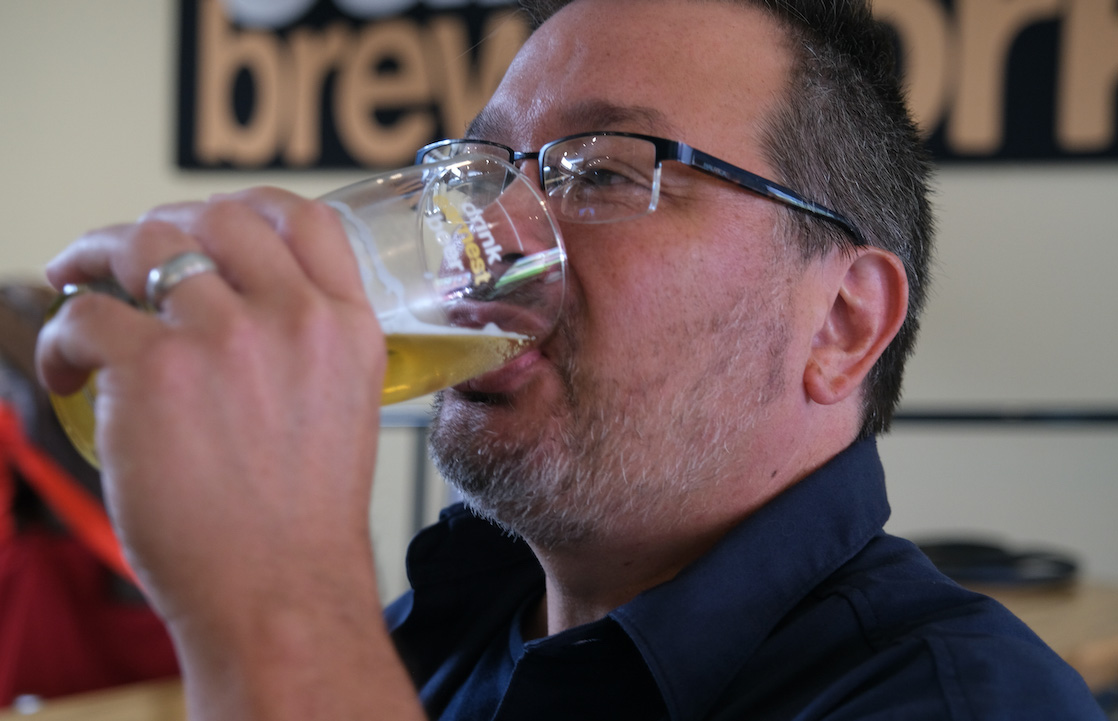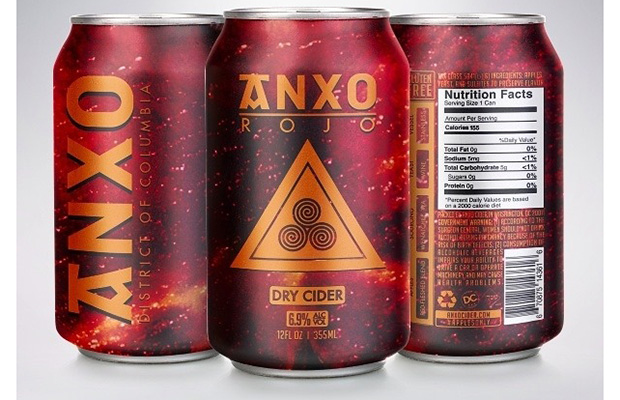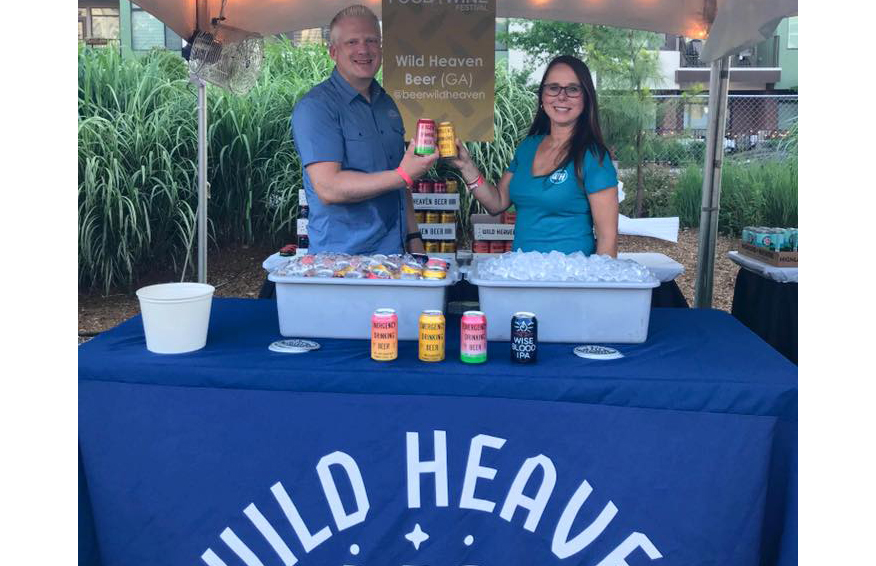
An important aspect in the creation of your brewery that’s not the liquid made is creating and maintaining a brand name. It can take time and effort to start, but having some sense of trademark law can be an important part of creating names for beers along with protecting your brewery’s name.
Keefe Snyder, who was a practicing trademark lawyer before helping launch earnest brew works in Toledo, Ohio in 2016, says that although he advises many breweries to work with a qualified attorney at the start, it can be done if you understand tags in the national trademark database.
Earnest’s beers have been chosen by the brewery after they started with an informal search, where they will use Google and Untappd to see if there were any marks that were very similar for beer.
“Because the category that you want to be in as a brewery is under beer wine and spirits in the proper confines of the United States,” Snyder said in a recent interview for Brewer’s September/October issue of trademark laws. “We did more of a formal search with the trademark database, which is accessible to the public.
“It’s harder to use, though, for an untrained user, but it is usable. You have to know just a little bit about categorizations — using tags, that kind of stuff — to actually search the database.”
Spending your due diligence can help alleviate problems later. Snyder shared two things to think about when trademarking branding and brewery names.
Snyder said word marks are what most people want. But sometimes if you have a distinctive logo, and your logo is featured prominently in your branding, you might want a design mark as well as a word mark.
“Like the Chevy logo, that would be a design mark versus the word Chevrolet as a word,” Snyder said. “There’s that distinction, which, if a brewery pays somebody to create a really unique logo, or even a simple logo that’s very distinctive, it might be worth having a design mark and a word mark.”
If you want to use geographical designations in a beer’s name, to make them your own and trademarked you must make it more “restrictive.”
“The more words you add [to the mark], the more restrictive your territory is, which isn’t always a bad thing,” Synder said.
A point that Synder pointed out when it comes to trademarks is that unlike a website that may have your brewery’s name in it and someone tries to sell it to you for use, a branded trademark needs to be for bona fide business use.
“Occasionally it happens where something gets into the news, and somebody else runs with it, and they start trademarking and selling t-shirts,” he explained, saying it’s hard to “troll” people with trademarks, like domain names, because they have to use it in some sense.
“I would say be honest, and be descriptive with what you want,” he said, explaining that earnest brew works could have just applied for “earnest” but they would have certainly got a rejection on the singular word, but trademarking the entire “earnest brew works” helped decrease the chance of rejection in the trademark.
“By and large, in the craft beer world with all the trademarks, the names you actually see on the items are what they are,” Synder said. “They don’t try to weasel their broader scope on it.”
Snyder said they have not yet had a cease and desist letter sent to them but they have had to contact places in the past due to similar beer names in the market. For John Harris of Ecliptic, he has had to be the “bad guy” and ask other upstart alcoholic beverage makers to find a new brand name because he owns the trademark.
“Two years after we opened, I saw this Ecliptic Wines in California,” he recalled. “I had to call the guy up and say, ‘Hey, man, what are you doing?’
“He looked in the California Business Registry and didn’t see anything. He didn’t bother to look at the national trademark for Ecliptic for beverage, alcohol, and beer. My business plan includes possibly making wine someday, so he can’t use that name.
“He’s like, ‘Well I printed all the labels already,’ and I had to say sorry, I can’t let you do that. There was also a kombuchery down in Georgia that I had to call up. I had to defend the mark a couple times already. Which is not much fun to do.”
Something as simple as creating a Google Alert search can help track new infringements on your mark or at least potential uses that can be dealt with without litigation.






Be the first to comment